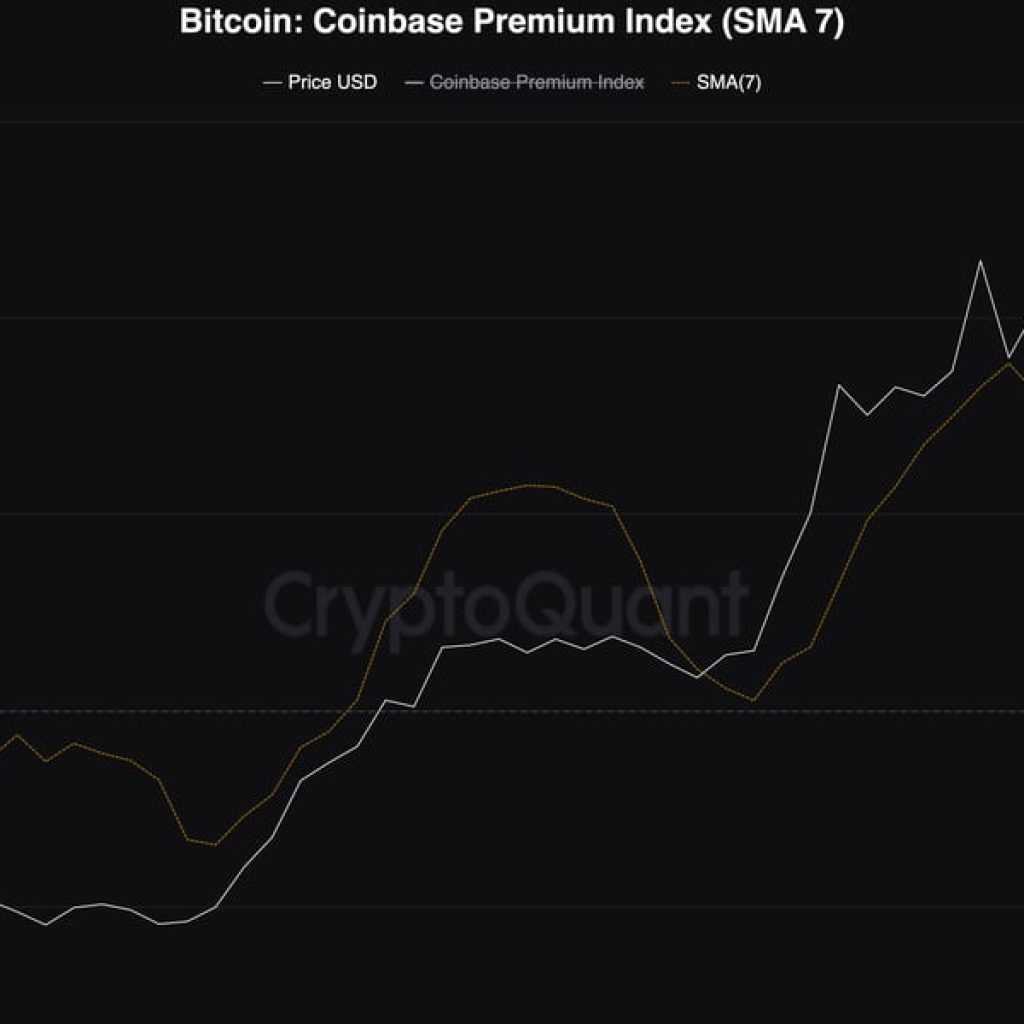Coinspeaker
South Korean Crypto Exchanges Now Required to Pay Supervisory Fees under New Law
With the introduction of the Virtual Asset User Protection Act in South Korea, crypto exchanges based in the region are now required to pay supervisory fees. These fees are calculated based on each company’s earning capacity.
According to a recent report from local news media, all registered exchanges with operating revenue of 3 billion won or more are required to pay this fee to the government next year for inspections conducted by the Financial Supervisory Service (FSS).
Fee Structure and Payment for Crypto Exchanges
The maximum fee to be paid is estimated to be around 300 million won (approximately $220,000). However, the actual payment depends on each company’s earning capacity. This means that crypto exchanges such as Upbit, Coinone, GOPAX, and Bithumb could pay up to $220,000 or less, depending on their operational revenue.
The South Korean government implemented the Virtual Asset User Protection Act on July 19. The law has given the country’s Financial Services Commission (FSC) the authority to regulate digital asset service providers as deemed necessary. As a result, the FSC announced on Thursday that it will impose supervisory fees on exchanges based on their operational revenue for the previous fiscal year.
The regulator stated that it has already reviewed the financial performance of the affected exchanges and imposed the fees accordingly. For example, Upbit is expected to pay around 272 million won ($199,592), according to Dunamu’s consolidated financial statements.
Other exchanges, like Bithumb, will pay 21.14 million won ($15,157) to the financial regulator, while Coinone and GOPAX are expected to pay approximately 6.03 million won ($4,422) and 830,000 won ($608), respectively.
The regulator also noted that it exempted exchanges like Korbit from paying the fees due to their poor financial performance last year. Korbit generated an annual profit of approximately 1.7 billion won.
Implementation of the New Supervisory Fees
The FSC stated that the inspection of the exchanges will begin immediately, although the exact timeline for the operation was not disclosed. The new supervisory fee aligns with the revised ‘Enforcement Decree of the Act on the Establishment of the Financial Services Commission’ and the amended ‘Regulations on the Collection of Financial Institution Contributions’.
The regulator explained that the supervisory fees imposed on exchanges are similar to quasi-taxes paid by financial institutions. Over the years, electronic financial companies like Kakao Pay and Naver Financial, as well as online investment-linked finance (P2P) companies, have been required to pay supervisory fees to regulators.
However, supervisory fees on crypto exchanges and other digital asset service providers have become a recent development.
Industry insiders believe the new system is part of the government’s efforts to safeguard consumers and prevent unfair trade practices as the adoption of the emerging digital economy increases.
South Korean Crypto Exchanges Now Required to Pay Supervisory Fees under New Law





